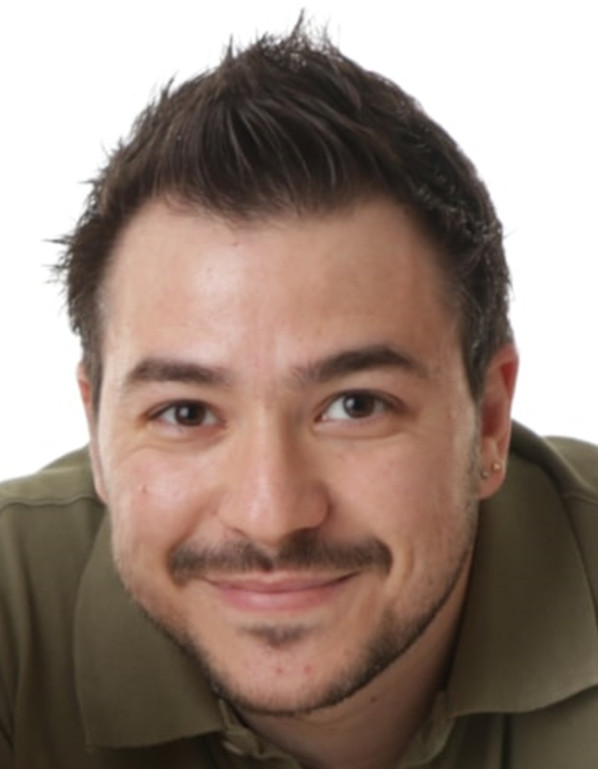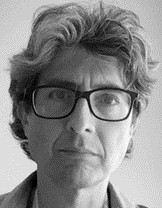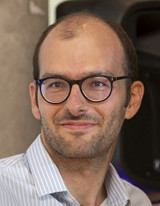Description
During the past decade, due to the dynamic evolution in the Internet of Things (IoT) domain, several advancements (e.g., in low-power connectivity, human-computer interfaces, and system architecture) opened up the possibility of a more effective merging between the physical and the cyber worlds. Furthermore, the need to support more open systems and higher interoperability among devices, services, and users led to the development of the concept of the Web of Things (WoT) and the wide-spread adoption of Web-oriented approaches to try to overcome the massive fragmentation and heterogeneity of the network layer in terms of protocols, data formats and closed platforms.
This dynamic and challenging scenario became relevant both in Academia and Industry, revitalizing the concept of Digital Twins (DT) in order to shape and deploy virtual synchronized replicas of physical objects, mirroring their properties, data, and behaviors, and augmenting their functionalities towards extended interoperability, modeling and simulation, analytics, and cognitive capabilities. DTs are emerging as a paradigm for implementing an effective digital abstraction on top of devices, products, and organizations in order to effectively support the interaction between these Physical Assets (PAs) and external services and applications.
DTs are also moving fast towards a widespread adoption and diffusion, beyond the industrial contexts where they are rooted, as a general way to bridge the physical and cyber spaces. On the one hand, they provide a conceptual and technological means for enacting the virtualisation of strategic PAs of organizations and enterprises. On the other hand, the pervasive diffusion of IoT and WoT technologies and standards makes it possible to broaden their adoption and applicability beyond vertical applications, as software systems are eventually integrated with larger enterprise contexts and possibly across enterprises.
This challenging pervasive DT evolution calls for new software architectures, network protocols and interoperable platforms, featuring levels of flexibility beyond the ones provided by the solutions available in the state of the art, for example investigating how the WoT can be adopted in the DT space to support these challenges. Unfortunately, the lack of an uniform Digital Twin representations, standards or common agreements created (as already seen unfortunately for other IoT technologies) several platform-specific silos and a consequent strong bond with technology providers where each model is built from scratch without common methodologies or norms.
The technical topics of interest to the workshop include, but are not limited to:
- Digital Twins & Web of Things
- Digital Twin standardization, interoperability, and representation
- Digital Twins adoption in 5G/6G architectures and application scenarios
- Digital-Twin-oriented approaches and cyber-physical interaction applications
- Edge/Fog/Cloud & Digital Twins
- Web of Digital Twins
- Digital Twins linking, relationship and composition
- Pervasive Digital Twins
- Digital Twins Platforms & Interoperability Challenges
- IoT Protocols & Digital Twins
- Protocols to support Digital Twins Services and Communications
- Application patterns and methodologies to design and exploit Digital Twins
- Digital Twins deployment and orchestration strategies and algorithms
- IoT devices and Digital Twins deployments monitoring
Important Dates:
- Paper submission:
13 June 2022August 1st, 2022 - Acceptance Notification:
8 July 2022August 16th, 2022 - Camera-Ready Paper Submission Deadline:
31 July 2022August 31st, 2022
Paper should be six (6) pages in length and follow the instruction provided for the main Conference. The conference allows up to two additional pages for a maximum length of eight (8) pages with payment of extra page charges once the paper has been accepted.
Chairs
Marco Picone, University of Modena and Reggio Emilia, Italy
Marco Picone is a Senior Assistant Professor at the University of Modena and Reggio Emilia working in the Distributed and Pervasive Intelligence (DIPI) Group at the Department of Sciences and Methods for Engineering (DISMI). He received the Ph.D. in Information Technology and the M.Sc. (cum Laude) in Computer Engineering from the University of Parma and he has also been a research visitor in the NetOS group at the Computer Laboratory, University of Cambridge (United Kingdom). He published several research papers and participated in many editorial activities for international journals, conferences and events. His research interests are currently mainly focused on Distributed Systems, Internet of Things, Edge/Fog Computing and Digital Twins.
Antonio Virdis, University of Pisa, Italy

Antonio Virdis is Senior Assistant Professor at the University of Pisa, where he obtained his MSc degree in Computer System Engineering in 2011, and his PhD in Information Engineering in 2015. His research interests include Quality of Service, Edge Computing, network simulation and performance evaluation. He co-authored more than 60 peer-reviewed papers and 8 patents in the above fields. He edited the book tile “Recent Advances in Network Simulation”, published by Springer/EAI. He is and has been involved in research projects supported by private industries and funded by the EU community. He served as TPC chair for the International OMNeT++ Summit, and for the IEEE SmartSys workshop, and as a member of the TPC for more than 20 international conferences. He is also one of the founders and co-chairs of the TwinNets 2022 Workshop. He is one of the authors and maintainers of the SimuLTE and Simu5G opensource projects, for the system-level simulation of 4G and 5G communication networks.
Alessandro Ricci, University of Bologna, Italy

Alessandro is an associate professor at the Department of Computer Science and Engineering (DISI), University of Bologna, teaching at Cesena Campus – among the courses: the design and programming of systems based on Internet of Things and Pervasive computing. He is strongly interested in bringing a humane digital transformation, where IT and ICT are first of all a mean for empowering people and society, a language for communicating, understanding, learning, creating. To this purpose, he is currently serving as a coordinator of two initiatives running in Cesena/Romagna area: – CRIAD (Centro di Ricerca dell’Informatica applicata alla Didattica), about designing and developing activities for schools and kids about computational thinking, coding and STEM; – DIR (Distretto dell’Informatica Romagnolo), an open community aimed at creating awareness, relationships and cooperation among sofware houses and IT companies in Romagna, as well as with University and Schools. Besides, he is serving as a main reference for the DISI Department related to a Fremework Agreement with AUSL della Romagna, whose purpose is to promote and support the development of projects about health information technologies and digital health. Alessandro got a PhD in Computer Science and Engineering from University of Bologna, after a Laurea Degree still by Alma Mater.
Simon Mayer, University of St.Gallen, Switzerland

Simon Mayer received his PhD in Computer Science from ETH Zurich in 2014 and is today a Professor of Interaction- and Communication-based Systems at the University of St.Gallen, Switzerland. Before joining the University of St.Gallen, he worked at Siemens Corporate Technology in Berkeley, USA, from 2014-2017 and headed the Cognitive Products research group at the Austrian COMET research center Pro2Future from 2017-2018. His main research interest is on interactions among devices and people in ubiquitous computing environments, where he and his group focuses on the integration of physical things into the Web, on increasing the autonomy of Web-enabled devices, and on making interactions of connected devices more intelligible for people.
Please submit your paper for this Special Session using the link to eWorks:
If you have any questions, please contact Dr. Marco Picone: marco.picone@unimore.it


